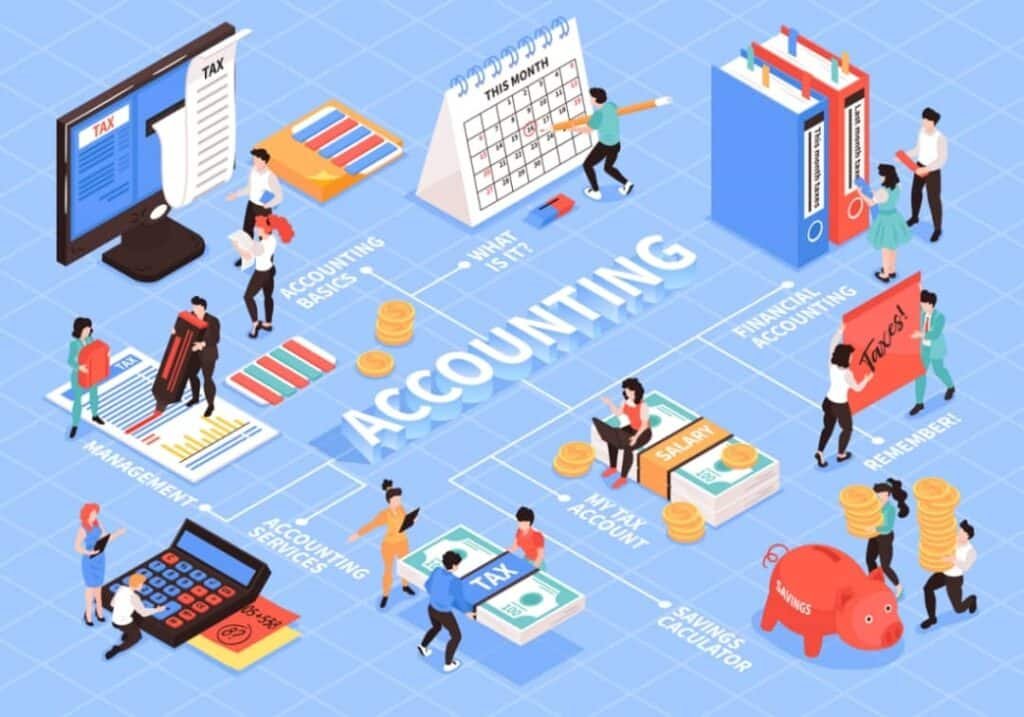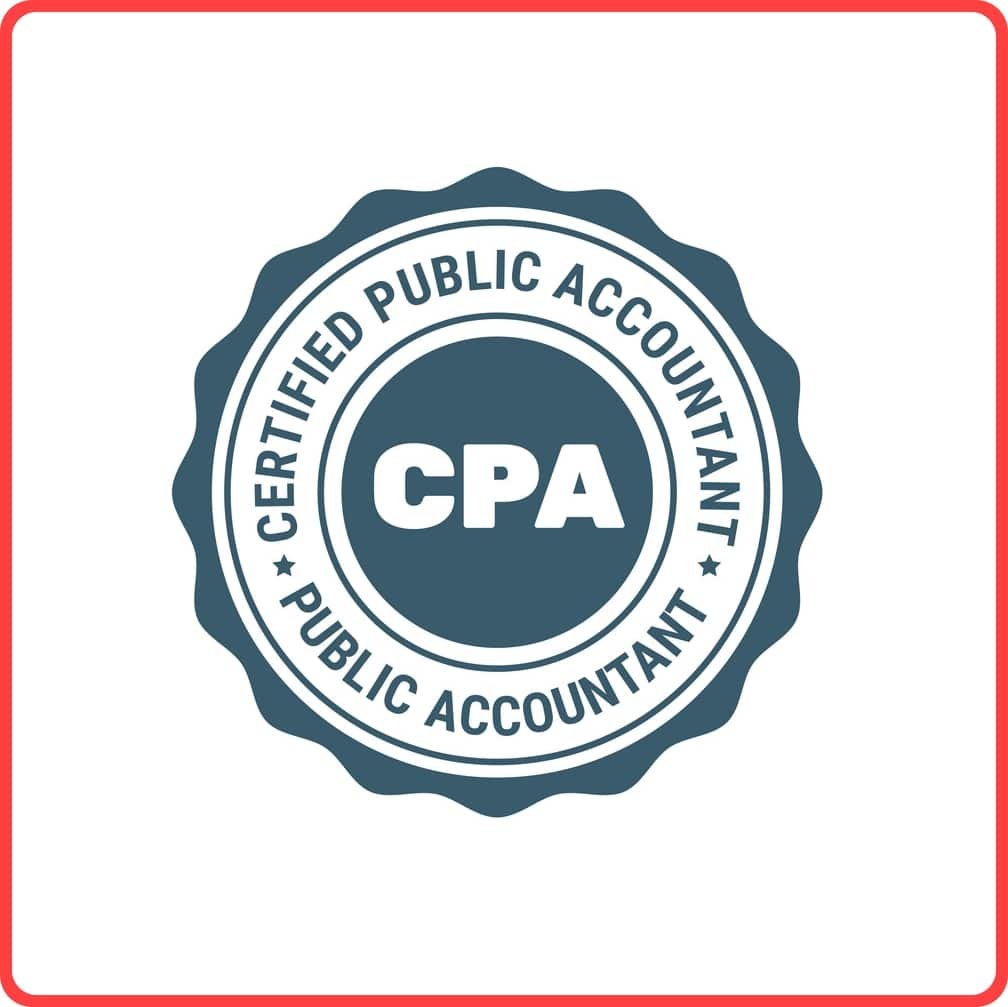It is difficult to express the earning of CPAs as a gross amount. This is because their labour market value varies from one state to another. In some states, such as California, they might earn higher salaries than those that work for big companies in Texas. They also earn different salaries depending on whether they work for public or private firms.
Factors that may determine CPAs’ salary are employment tenure and certification. Generally, the longer an individual has worked as a CPA, the higher their salary; certification also positively affects this trend. Certification entails passing the CPA examination, which can be a challenge. Regardless, with proper CPA test prep, scholars have a chance to prepare for the examination and attain the minimum requirements to qualify for certification.
Types of CPA Licenses and Salaries
Many people assume that CPA only involves public accountants. The CPA field contains three different types of licenses. These are the enrolled agent, the public accountant, and the certified management accountant.

1. Enrolled Agent
The federal government certifies the enrolled agent. They hold a current, active credential recognized by the Department of Treasury to represent taxpayers before most federal agencies, not just the IRS. Enrolled agents have taken special courses in taxation after receiving their four-year college degrees or graduate school degrees. The U.S. Department of Treasury licenses them, and their license is suitable in every state of the United States.
Their salaries vary based on specific factors like the type of experience, general years of experience, and location. The enrolled agent’s salary falls under three classes: entry, mid-level, and senior level. The entry-level runs between 1 to 5 years, and the agent earns $42000 on average. Mid-level agents have 5-to-10-year experience, and their salary is higher than entry-level agents at $50000 annually. The senior-level agent earns the highest salary of $55000 to $60000, giving their experience 20 years or more.
2. Public Accountant
The Public accountant is a general tax preparer and accountant working in public practice. Overall experience is responsible for about 30% of the variation in salaries among public accountants. A survey conducted by the American Institute of Certified Public Accountants in 2011 showed that public accountants with 3-6 years of experience earned $49,400 per year. Those with 6-10 years of experience earned between $62,300 and $80,000, while those with more than 20 years of experience earned over $100,000.
3. Certified Management Accountant
The Certified Management Accountant is a CPA working for management at a company or organization. Certified Management Accountants typically make between $100,000 and $150,000 annually based on their education and experience. Like the previous licenses, many factors determine how much the Certified Management Accountant will earn each year.

For example, an accountant who has just passed the certification exam and is starting in their career may only make $40,000 to $55,000 annually. However, a seasoned Certified Management Accountant with years of accounting experience may make $115,000 to $150,000 per year.
Read: 6 Ideas for Content on your Social Media Accounts
Public Accountants versus Industry Accountants
CPAs earn their salaries based on the area in which they serve. A CPA that works for the public is less likely to receive the same compensation as one working for the industry section. For such reasons, an individual must conclude on the area they prefer to settle on before they get a license.
The CPA’s average gross salary in the United States is $70,000. By comparison, the average annual earnings for non-CPA financial specialists were $87,900. Public Accountant’s salaries tend to vary, but on average and based on their experience, they can earn up to $49,500-$90,000. On the other hand, Industry CPAs may earn a lesser salary than Public accountants, where salaries range from $43,000-$101,000.
Self-employment and Freelance
Like other careers, CPA allows these professionals to practice their knowledge on a personal level. Many CPAs earn additional money through self-employment and freelance work. Unlike practising under government or industry-based employment, freelancing and self-employment provide flexibility. When self-employed, CPAs can bargain for a higher income depending on their skills and experience in the field.
CPAs earn salaries depending on their experience, industry, or practice and whether they work for the public or industry. It is for this reason that their wages may range from standard to high earnings.
